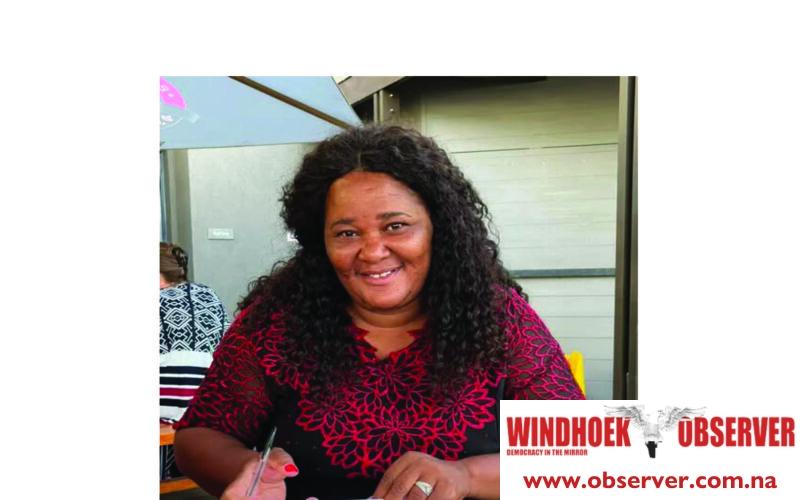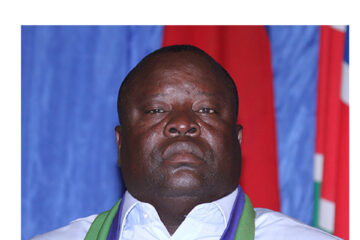Justicia Shipena
Popular Democratic Movement (PDM) parliamentarian Rosa Mbinge-Tjeundo has raised concern over teachers recording and posting videos of learners on social media during school hours without consent from parents.
She said the practice violates the Child Care and Protection Act of 2015 and the constitutional rights of children to privacy and dignity.
Mbinge-Tjeundo warned that exposing learners on platforms like TikTok and Facebook puts them at risk of cyberbullying, exploitation, and permanent digital footprints that could affect their future.
“Such practices not only violate the rights of children but also divert attention from the primary mandate of schools, which is teaching and learning,” she said in parliament this week.
In her questions to education minister Sanet Steenkamp, she asked what systems are in place to ensure teachers seek consent from parents or guardians before sharing any media featuring learners online.
She also questioned how the ministry monitors compliance with the Child Care and Protection Act on children’s online safety and privacy.
Mbinge-Tjeundo asked what steps the ministry is taking to protect learners in the digital space as more teachers use social media for content creation. She further wanted to know how the ministry ensures that such activities do not interfere with learning time.
She called on the ministry to create awareness programmes for teachers regarding the ethical and legal issues of sharing children’s images online.
Her remarks follow the growing number of videos showing teachers creating content with learners online.
In August, a video by Grade 1 teacher Gelda Waterboer went viral on TikTok. The video showed her singing a body safety song she created to teach children about consent and personal boundaries. It gained international attention but did not show learners.
Human rights activist Linda Baumann warned that schools risk violating children’s rights if they post learners’ photos without parental consent.
She said taking and sharing pictures of learners online raises serious concerns about privacy and child protection.
“Consent is crucial. The ministry and schools must obtain clear, informed, and voluntary consent from the learners’ parents or legal guardians before capturing and sharing their images publicly. In cases where learners are older and capable of understanding, their direct consent should also be sought,” she told the Windhoek Observer.
Baumann said the consent must specify how and where the images will be used.
She warned that failing to do so could expose children to online exploitation, bullying, or discrimination.
“Children have the right to privacy and protection from the misuse of their personal information, including their pictures. Uploading photos without consent may violate their right to a safe and supportive educational environment,” she said.
She urged the education ministry and schools to adopt strict policies aligned with national laws and the UN Convention on the Rights of the Child.
“The ministry and schools must treat learner images with utmost responsibility, respecting consent and protecting children’s rights to privacy, dignity, and safety,” Baumann said.
The Teachers Union of Namibia (TUN) has also warned teachers against recording learners without consent. TUN secretary general Mahongora Kavihuha said the practice is unethical and violates privacy, especially for minors.
“It is unethical to record any person without their consent. Learners, especially those who are underage, are not in a position to give such consent. Therefore, it is completely wrong for anyone, not only teachers,” he said.
This comes as consultations continue on the Teaching Profession Bill and its regulations, which aim to restore integrity and respect in Namibia’s education sector by professionalising the teaching field.
Kavihuha said adults can record themselves, but they must ensure their recordings do not harm others.
“You don’t need a Teaching Professionals Bill to understand that recording someone without their consent is unethical. This applies to everyone: teachers, student teachers and even cleaners. It’s a matter of public knowledge,” he said.
Kavihuha said the union continues to educate teachers about respecting privacy and professional boundaries.




